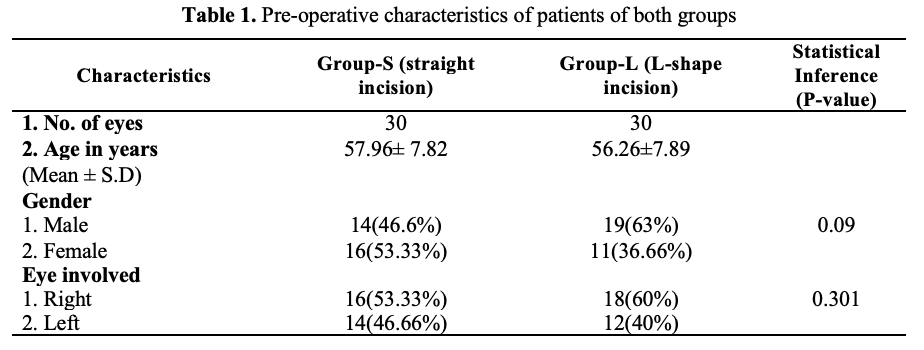Epiblepharon Induced Anisometropic Amblyopia : Should We Treat or Observe?
Poster Presentation - Case Report - Resident
DOI:
https://doi.org/10.35749/whd7dw39Keywords:
Amblyopia, Astigmatism, EpiblepharonAbstract
Introduction : Previous study reported that epiblepharon strongly associated with astigmatism. Uncorrected refractive errors are considered the most common cause of amblyopia. Amblyopia by pure anisometropia is the one with the best prognosis recovery of visual acuity.
Case Illustration : A children, 9 years old complained of eye discomfort, watery eyes and difficulties in recognizing distant object. After clinical examination and investigations, the patient had visual acuity 5/60 for right eye and 6/18 for left eye was identified as epiblepharon in both eyes with corneal erosion in right eye. The patient underwent repair epiblepharon surgery for right eye and topical antibiotics for corneal erosion. At 2 months after surgery, corneal erosion completely resolved. Best corrected visual acuity 6/21 with spectacle lens S - 1.00 C - 3.00 X 180o positive crowding phenomenon, and 6/6 for left eye with S – 1.00 C - 1.00 X 180o. Topography examination show with-the-rule astigmatism. At 2 month follow up after correction, visual acuity reached 6/6 for both eyes.
Discussion : Epiblepharon induced astigmatism by mechanical force of the eyelid that influences corneal contour. Long term epithelial erosion also contribute to triggers corneal curvature remodelling and induced with-the-rules astigmatism. Diopter differences for astigmatism more than 2.00 D leads to anisometropic amblyopia.
Conclusion : Adequate correction after surgery is proven to recover visual acuity in amblyopia patient caused by epiblepharon
Downloads
References
(-)
Published
Issue
Section
License

This work is licensed under a Creative Commons Attribution-NonCommercial-ShareAlike 4.0 International License.


